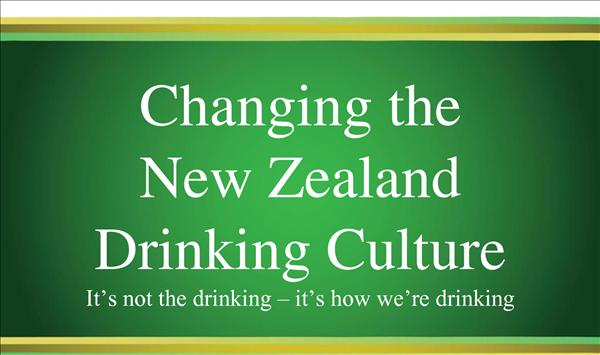The controversial ‘Alcohol Reform Bill’ is due to come back to the debating chamber in Parliament from the Select Committee over the next two months.
That would be a crucial stage at which many amendments to the Bill will be proposed by Members of Parliament.
The most contentious of those would be the proposals that provide options for our drinking age – keep it 18 years, raise it to 20 years or have a ‘split purchase age.’
It would be a conscience vote for all political parties except the Greens, who have decided to vote together for the age to stay at 18.
But the issue is not whether the age is ‘be all and end all,’ as some seem to believe.
The same issues were at stake when Parliament discussed lowering the age about 13 years ago.
It seems nothing much has changed since then.
We have not learnt any lesson and the problems with our drinking culture, and the arguments for and against the purchase age being 18, are still the same.
It is not just about the age, but our drinking culture, the availability of alcohol, peer pressure and the natural desire of teenagers keen to try new things.
Teenagers have had never had a problem getting access to alcohol and never will.
The pricing of drinks aimed at teens is often pointed out, but when the minimum age was lowered in 1999, the price of a Revoltingly Sweet Drink (RTD) was cheaper than now – 50 bottles costing about $50.
 Giving teens something to do that is affordable, fun and social that does not involve alcohol or any form of drug is a much more important way of combating the issues than lowering or raising the drinking age.
Giving teens something to do that is affordable, fun and social that does not involve alcohol or any form of drug is a much more important way of combating the issues than lowering or raising the drinking age.
The reforms are being looked at as a whole package, not just the purchase age, but it is how our Parliamentarians vote will be remembered when the Alcohol Reform Bill is considered at another time in the future.
Raja Venkatesh is a passionate writer on a number of current issues. He lives in Auckland. Readers may respond to editor@indiannewslink.co.nz
Image courtesy: Documents and Resources for Small Businesses & Professionals






